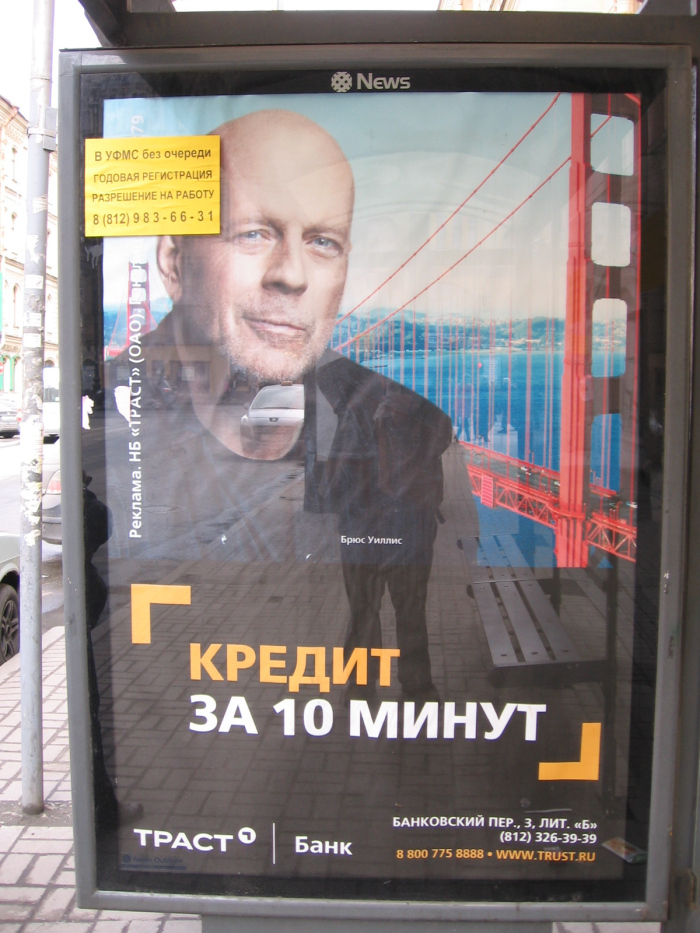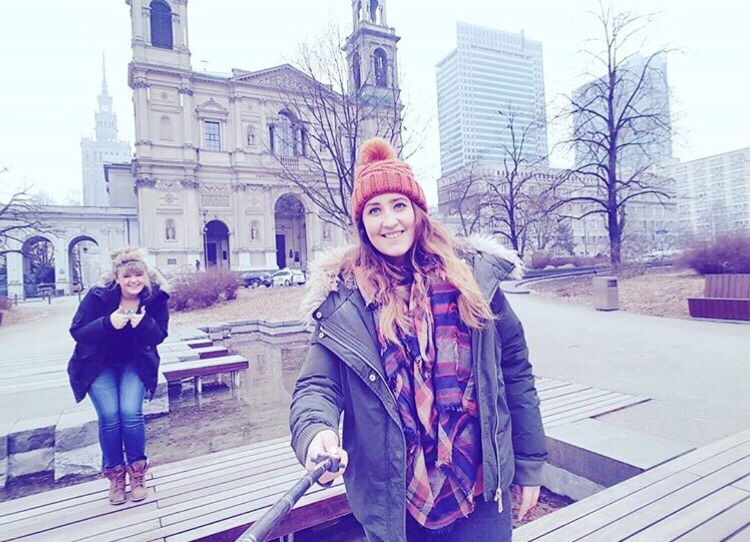
Kiffe Kiffe what?
Well, the title is a play on words. Kif-kif is Arabic slang that means “same old, same old” and kiffer (used mainly by young teens in France) kind of means ‘to be crazy for’.
“…it’s just kif-kif tomorrow. Same shit, different day.”
This book is a different look at life in France, one from the perspective of a teenager of Moroccan descent. Her father has returned to Morocco to start a different family there – i.e. one with a son. And so her mother has to work desperately hard at a housekeeping job in a crappy motel.
“Everyone calls her ‘Fatma’ at the Formula 1. They shout at her all the time, and keep a close watch on her to make sure she doesn’t steal anything from the rooms.
Of course Mom’s name isn’t Fatma, it’s Yasmina. It must really give Monsieur Winner a charge to call all the Arabs ‘Fatma’, all the blacks ‘Mamadou’, and all the Chinese ‘Ping-Pong’. Pretty freaking lame.”
Doria is 15 so you can expect all the usual teenager problems and angst. And being abandoned by her father, she feels lost.
“What a shitty destiny. Fate is all trial and misery and you can’t do anything about it. Basically no matter what you do you’ll always get screwed over.”
But it’s an especially interesting one as she is a young Muslim girl in France. For instance, she has to get her mother to write her note explaining that she won’t be eating in the school cafeteria because it’s Ramadan, and the principal thinks she forged it because her mother’s signature is a poor one.
Her family is poor and they survive on help from their neighbours, the grocer letting them rack up a bill, and this being France, help from the government – social workers come by and Doria even gets access to a psychologist. But it’s not an easy life for Doria, who doesn’t do well in school, doesn’t seem to have many friends, and has to wear horrible hand-me-down clothes. TV is her main escape.
It is perhaps the ordinariness of her life that appeals to me. That she is just a regular teenager living in France, her life isn’t terribly full of drama in the YA sense – some stuff happens to people in the neighbourhood but you wouldn’t find it hard to believe that this happens out there in the world today.
“Once, he told my mom that in ten years on this job, this was the first time he’d seen ‘people like you with only one child.’ He was thinking ‘Arabs,’ but he didn’t say so.”
I don’t read much translated French literature. And I find it difficult to name any contemporary French writers. Muriel Barbery is the only contemporary translated French author whose work I have recently read. (Please enlighten me!).
And perhaps because of this, I felt that it was rather refreshing reading this authentic teenager’s voice by French-Algerian writer Faïza Guène. This first book of hers was published in 2004 when she was just 19 years old. It’s been translated into 22 different languages. Kiffe kiffe demain was translated into English in 2006 under the title Kiffe Kiffe Tomorrow.
She’s had another of her books translated into English, it’s called Men Don’t Cry.






![I Knew You Were Trouble: Oxford 4 by [Layne, Lauren]](/ai/091/609/91609.jpg)